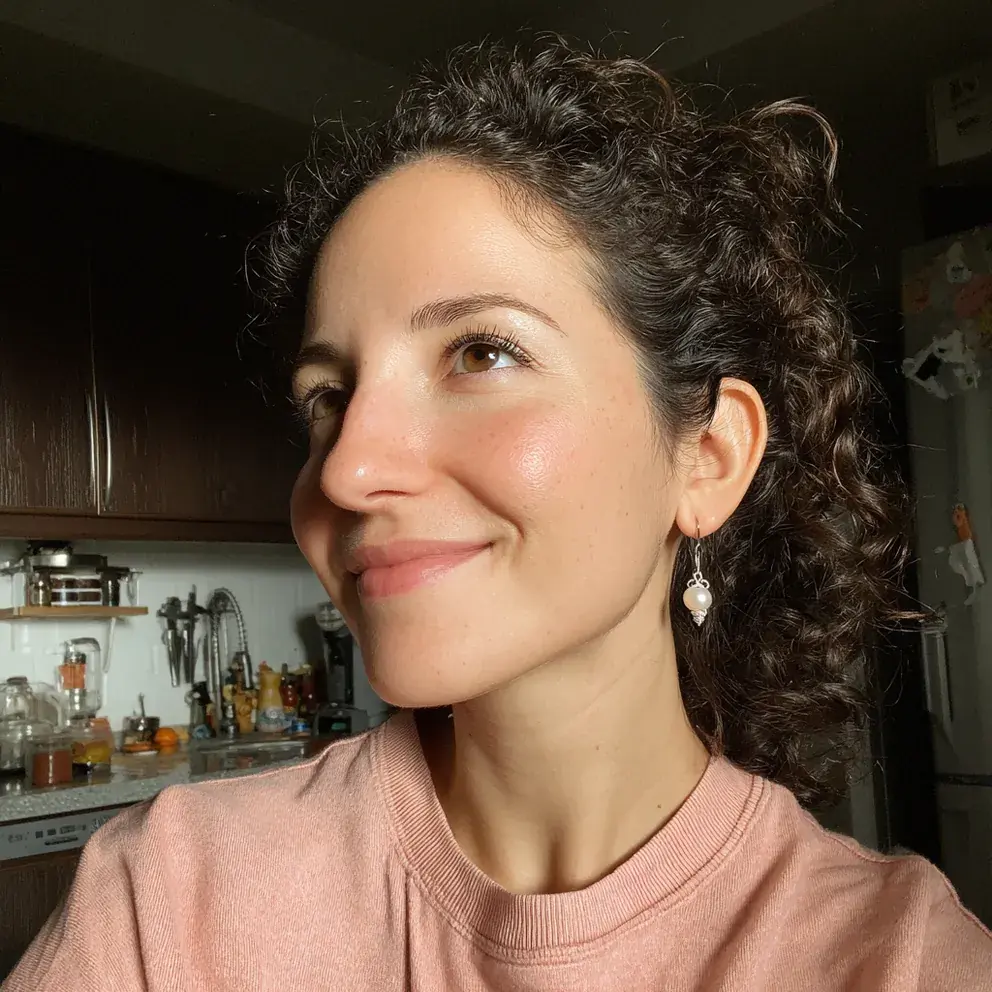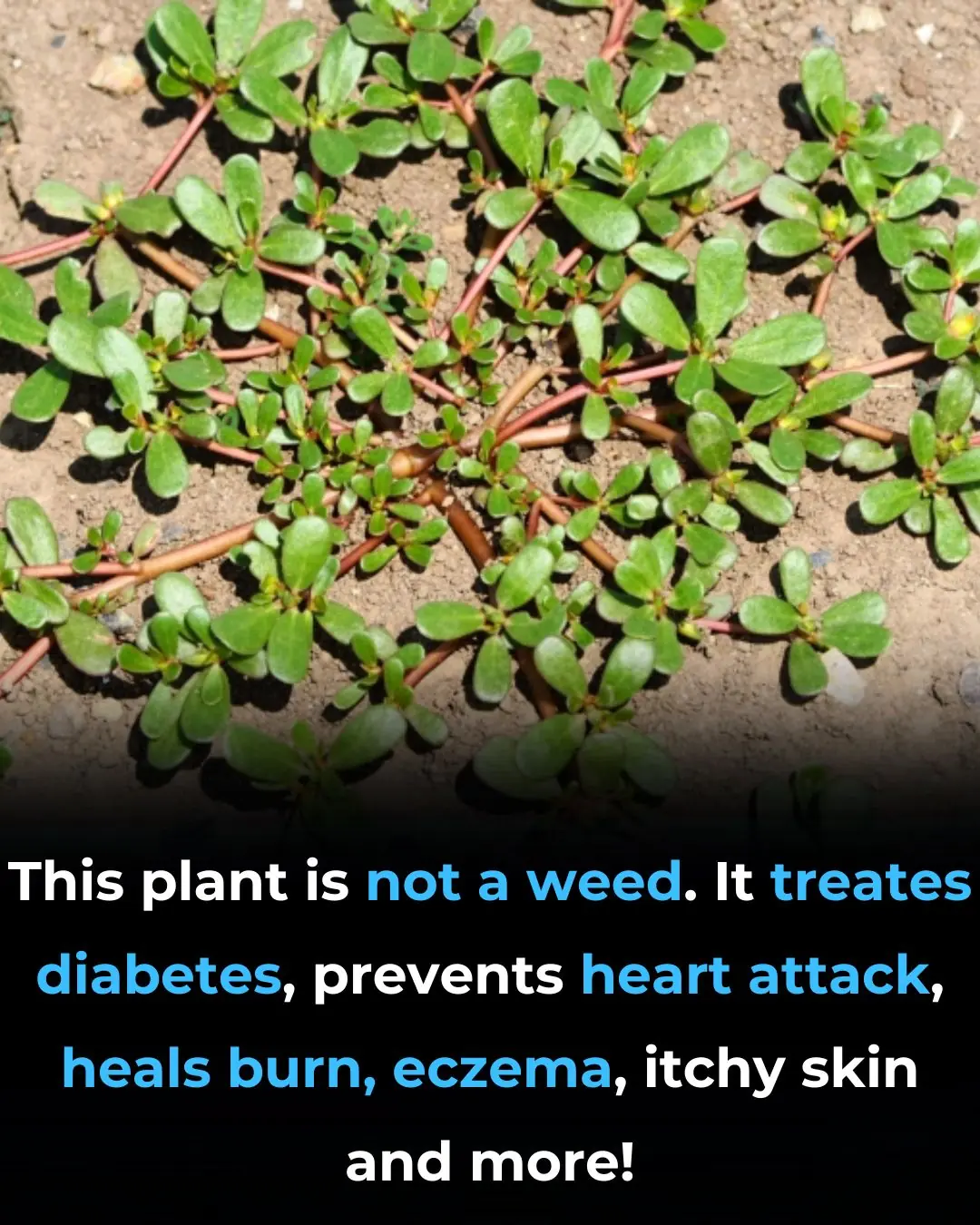
The Truth About “Old Person Smell”: What Causes It And How To Get Rid Of It
The Truth About “Old Person Smell”: What Causes It And How To Get Rid Of It
We all know it, even if we’re too polite to talk about it: that faint, musty scent in our grandparents’ house, or the unique smell in senior care homes. A subtle but distinct odor that clings to clothes and lingers in the air. For years, people have referred to it—half-jokingly—as “old person smell.” And it’s not just a social stereotype; science has a name for it.
This naturally occurring scent is not caused by poor hygiene or neglect.
But before you reach for heavy perfumes or chemical sprays, you should know this: there’s a more effective, healthier way to combat it—and it starts inside your body.
What Exactly Is “Old Person Smell”?
Researchers have identified 2-nonenal as the key compound responsible for this characteristic odor.
As we age, our skin undergoes major changes:
-
Sebaceous glands begin to produce more unsaturated fatty acids.
-
Antioxidant defenses weaken, leading to more free radicals.
-
Skin cell turnover slows, meaning dead cells and oxidized fats stay on the skin longer.
This perfect storm results in the formation of 2-nonenal, which has a greasy, grassy, slightly metallic scent.
A 2001 study published in the Journal of Investigative Dermatology confirmed that individuals over 40 had significantly higher levels of 2-nonenal in their body odor than younger participants.
Why It Happens: More Than Just Age
Aging is only part of the story. Certain lifestyle factors can speed up oxidative stress in the body, increasing the production of 2-nonenal:
-
Diets high in processed foods and trans fats.
-
Exposure to pollution and toxic chemicals.
-
Chronic stress.
-
Poor hydration.
-
Lack of physical activity.
What’s more, hormonal shifts, particularly during menopause or andropause, contribute to changes in skin chemistry.
Even certain medications and underlying health conditions—like diabetes or kidney disease—can subtly affect body odor by changing your body’s natural detoxification processes.
The Problem With Conventional Solutions
You might assume that a good scrub and some deodorant would solve the problem. Unfortunately, most traditional hygiene products are powerless against 2-nonenal.
-
It sticks to skin lipids and doesn’t wash off easily.
-
It often builds up gradually, unnoticed by the individual.
-
Common soaps and shampoos are not formulated to neutralize oxidized fatty acids.
Worse, some hygiene products contain harsh chemicals and artificial fragrances that irritate aging skin, potentially making things worse in the long run.
So if it’s not about washing more, what’s the answer?
The Inside-Out Approach: What Science Suggests
The best way to prevent or minimize 2-nonenal production is to support the body’s natural defenses against oxidation. That means:
1. Boost Antioxidants Through Diet
Antioxidants are your skin’s frontline defense against oxidative stress.
-
Mushrooms, especially shiitake and oyster: Rich in ergothioneine, a powerful antioxidant that protects cells from aging and reduces skin oxidation.
-
Berries (blueberries, blackberries): High in flavonoids and vitamin C.
-
Leafy greens: Spinach, kale, and chard are full of skin-nourishing nutrients.
-
Green tea: Contains EGCG, an antioxidant shown to reduce oxidative damage in skin cells.
2. Try Natural Compounds Like Spermidine
Spermidine—a compound found in wheat germ, aged cheese, and mushrooms—has been shown to stimulate autophagy, a cellular “cleansing” process that removes damaged components.
3. Use Specialized Skincare Products
Japanese companies were among the first to develop cleansers and lotions specifically designed to neutralize 2-nonenal. These often contain ingredients like:
-
Persimmon extract
-
Green tea
-
Charcoal
-
Citric acid
These natural compounds help break down oxidized fats without irritating the skin.
4. Manage Stress and Sleep
Chronic stress raises cortisol levels, which accelerates aging and oxidation.
Can This Smell Indicate Something More Serious?
In some cases, yes. If someone experiences a sudden change in body odor, especially alongside confusion, memory loss, or behavioral changes, it could be a warning sign of a neurological condition, including Alzheimer’s disease. In fact, recent research shows that dogs and electronic sensors can detect specific odor markers in people with cognitive decline.
That’s not to say every odor is a cause for alarm—but it’s worth noting. The human body is constantly communicating with us, and scent is one of its more subtle signals.
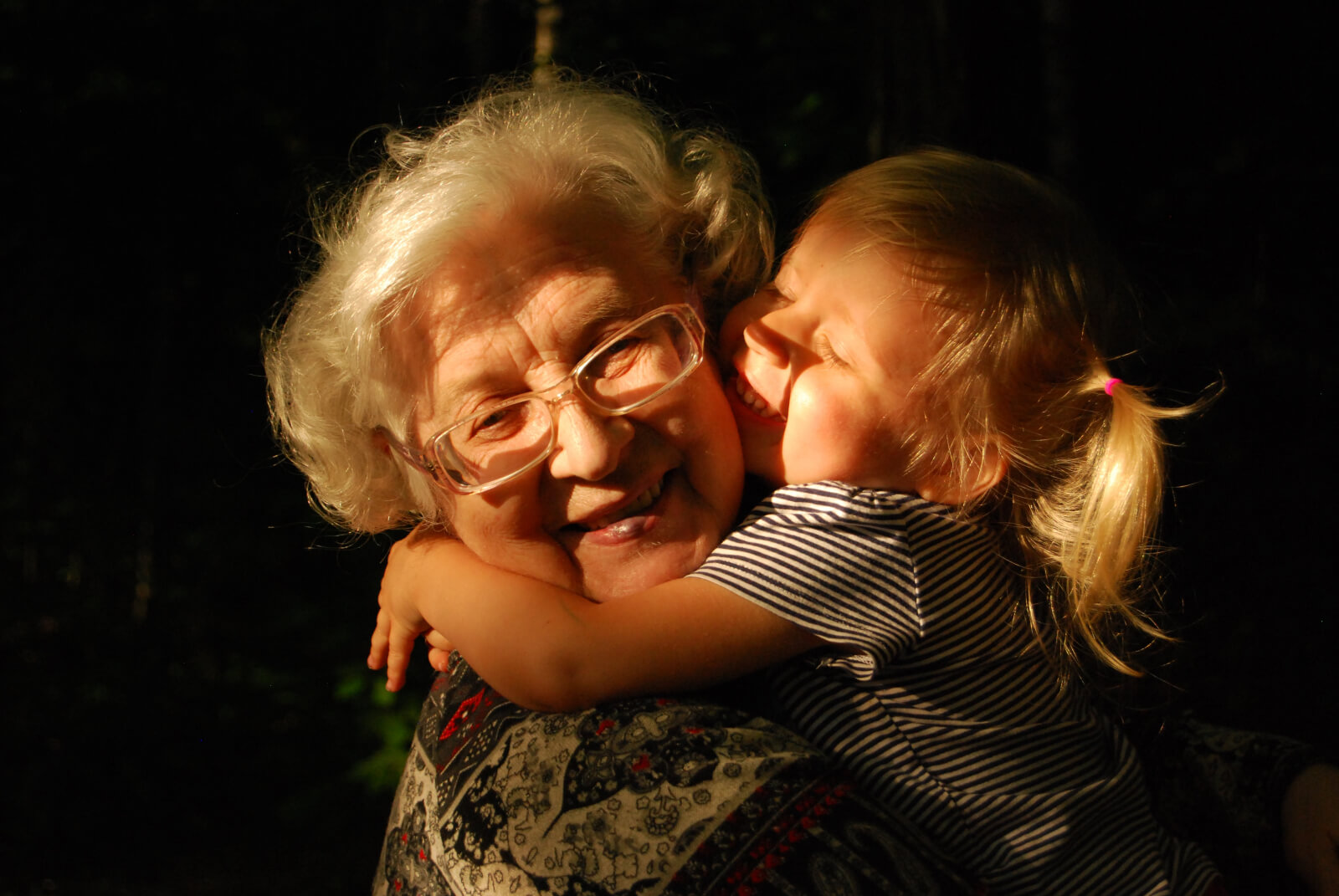
Embrace Age, Not Oxidation
Getting older is a gift—not a flaw. But the biological changes that come with age can produce effects we’d rather avoid, like the infamous “old person smell.” The good news? You don’t have to accept it as inevitable.
By nourishing your body from the inside out, using smart skincare, and reducing your exposure to oxidants, you can help your skin age gracefully—and stay fresh along the way.
So next time someone mentions that curious scent associated with aging, you’ll know the truth: it’s chemistry, not cleanliness. And with a few smart, science-backed choices, it’s something we can change.
News in the same category


Consciousness Is Not Confined to the Brain, But Is Connected To The Whole Universe, Scientists Say

After Surviving 800 Snake Bites, This Man’s Blood Could Be the Universal Antivenom the World’s Been Waiting For
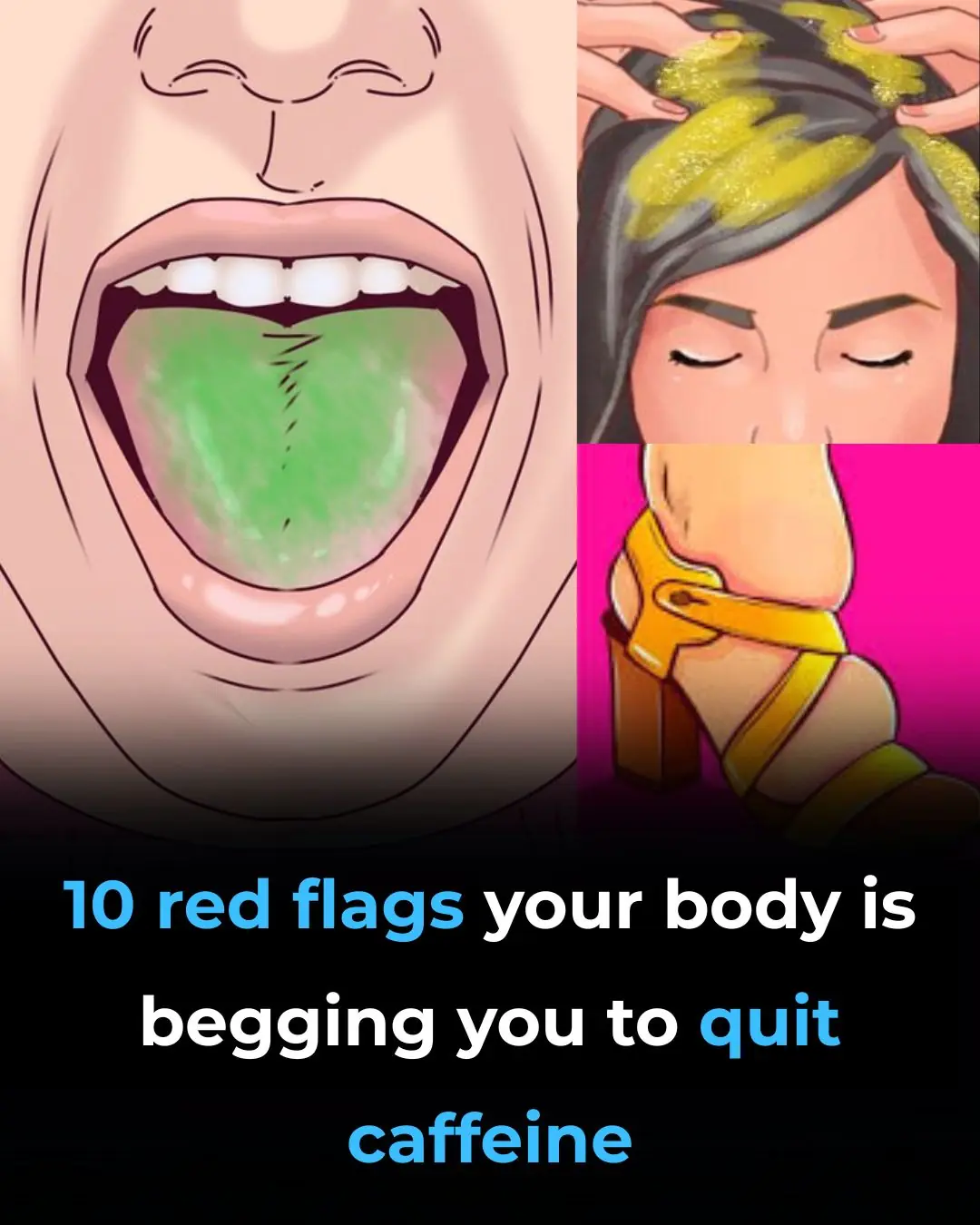
10 Warning Signs It’s Time to Cut Back on Caffeine

“Cases Are Exploding”: Living Near a Golf Course May Raise Your Risk of Parkinson’s, Study Warns
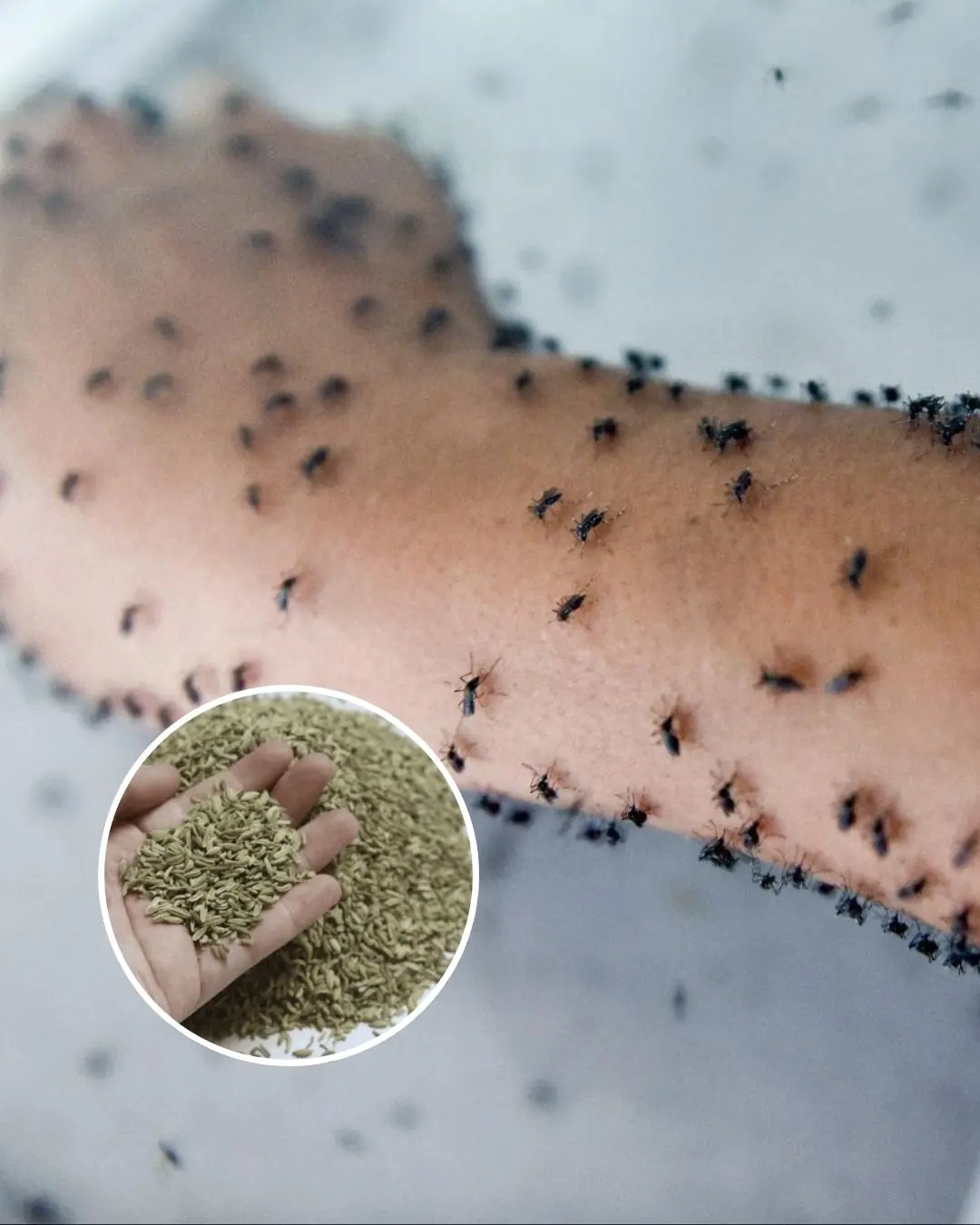
You’ll never see mosquitoes again if you do this

What to Eat to Boost Energy After 60: Key Foods for Vitality and Well-being.
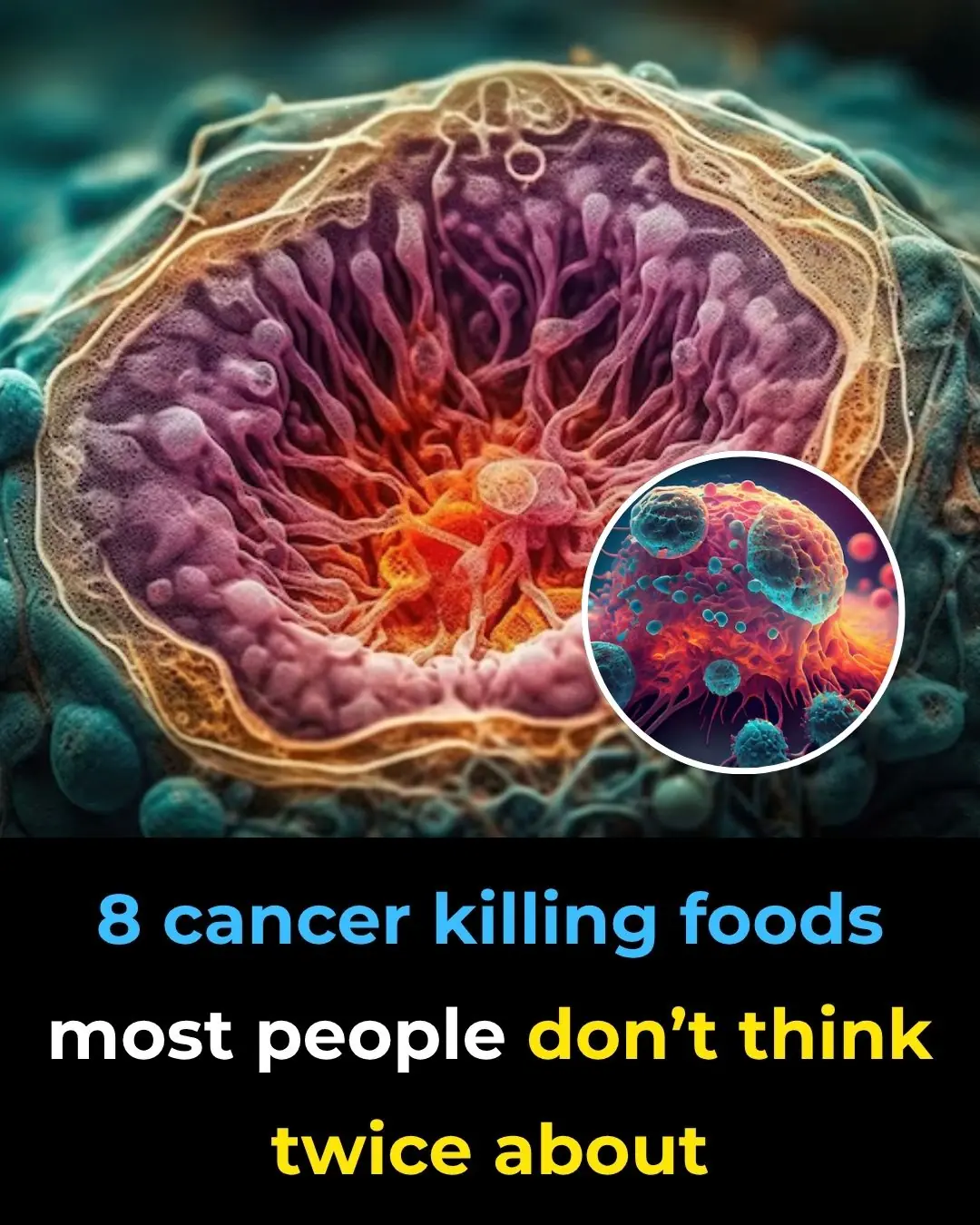
8 Foods That Help Eliminate Cancer Cells
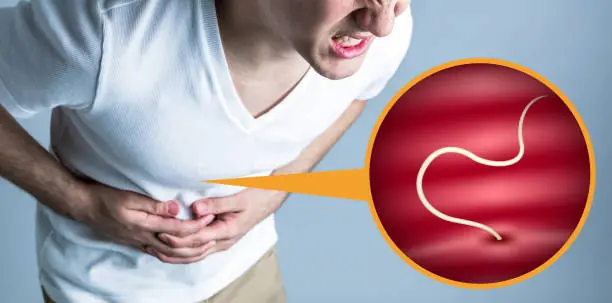
How to Tell If You Have Intestinal Parasites and What to Do About That
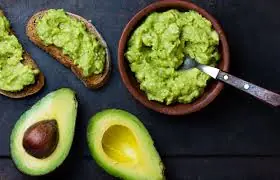
Scientifically Proven Health Benefits of Avocado and Avocado Seeds

An Eye Specialist Explains What To Do If You Begin To See “Floaters”
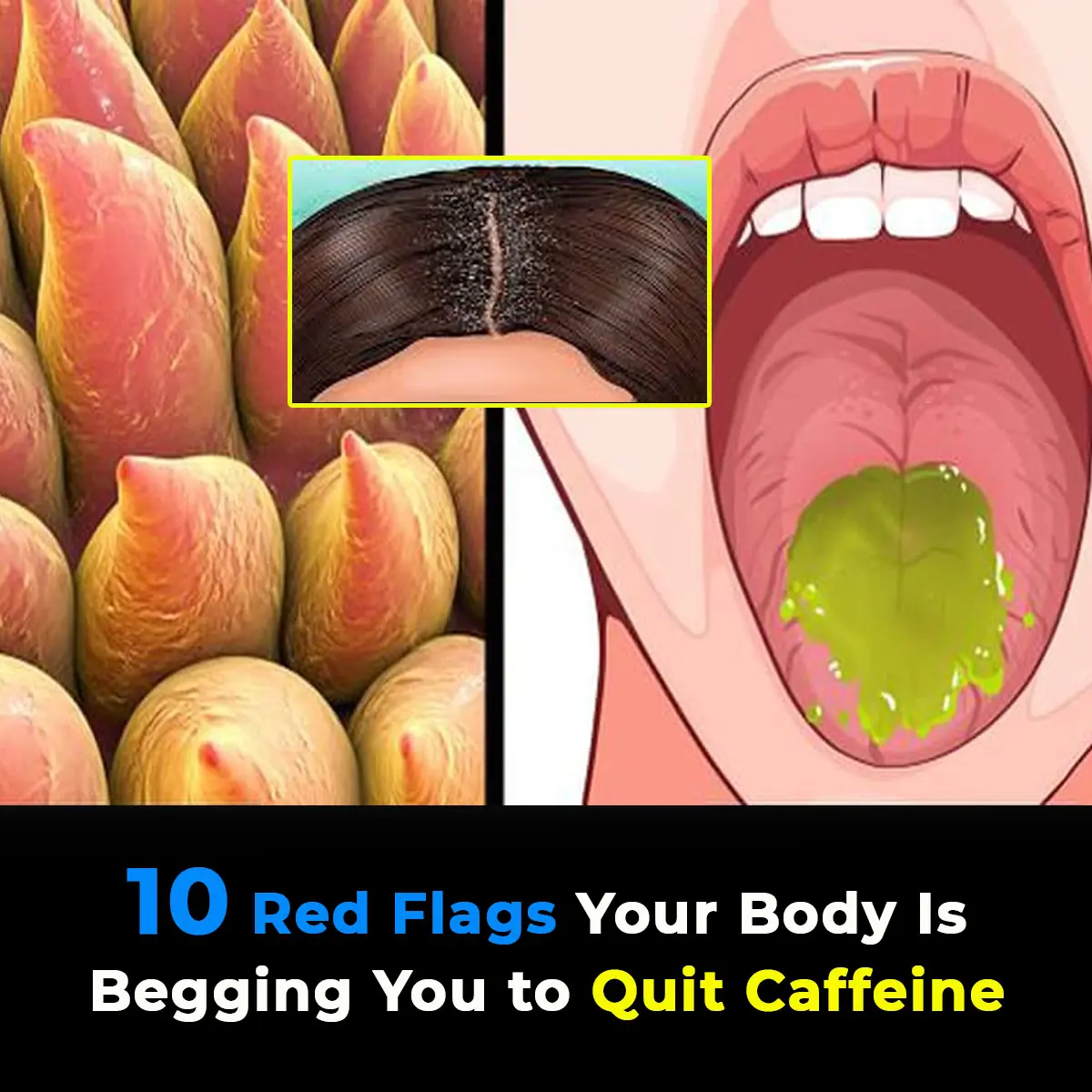
10 W@rning Signs It’s Time to Cut Back on Caffeine
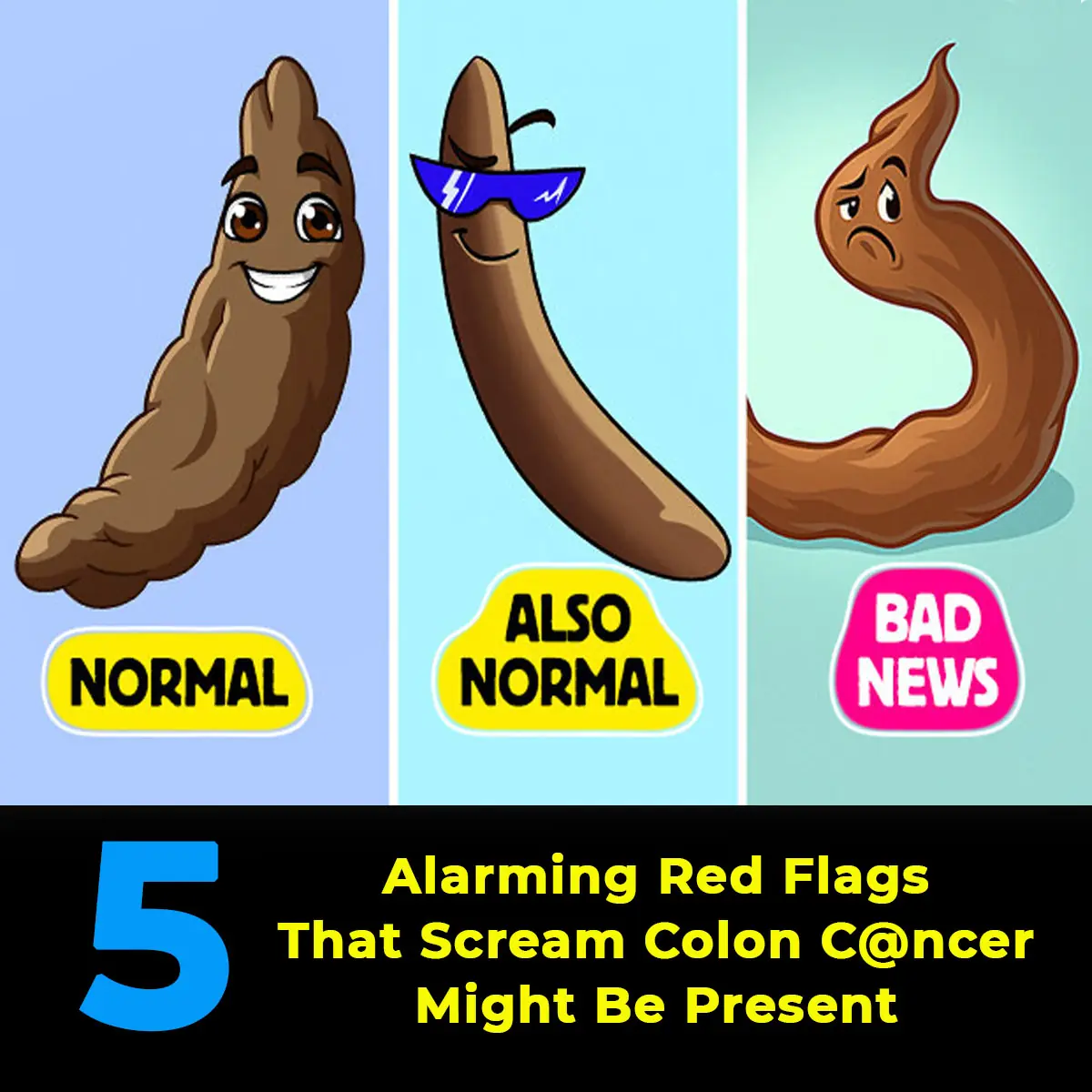
5 Early Signs of Colon Cancer You Shouldn’t Ignore

Scientists Discover Body’s ‘Kill Switch’ Capable of Destroying Cancer Cells

Native American High Schooler Discovers Cancer-Fighting Properties in Traditional Chokeberry Pudding
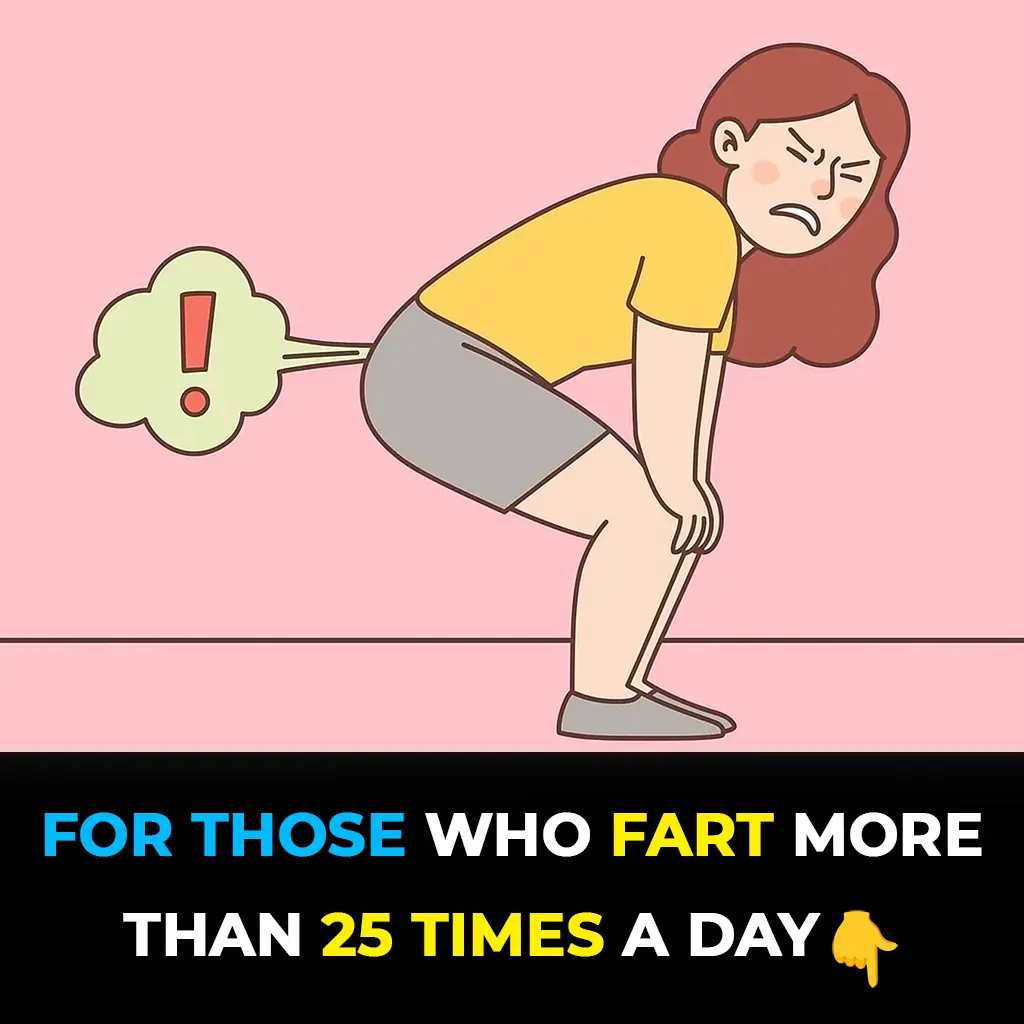
Be Careful If You’re Farting More Than 25 Times a Day—It Might Be a Sign Your Body is Trying to Warn You
Passing gas up to 25 times a day can be considered normal - but when you notice a sudden increase, especially if it's paired with discomfort or other symptoms, it's time to tune in.
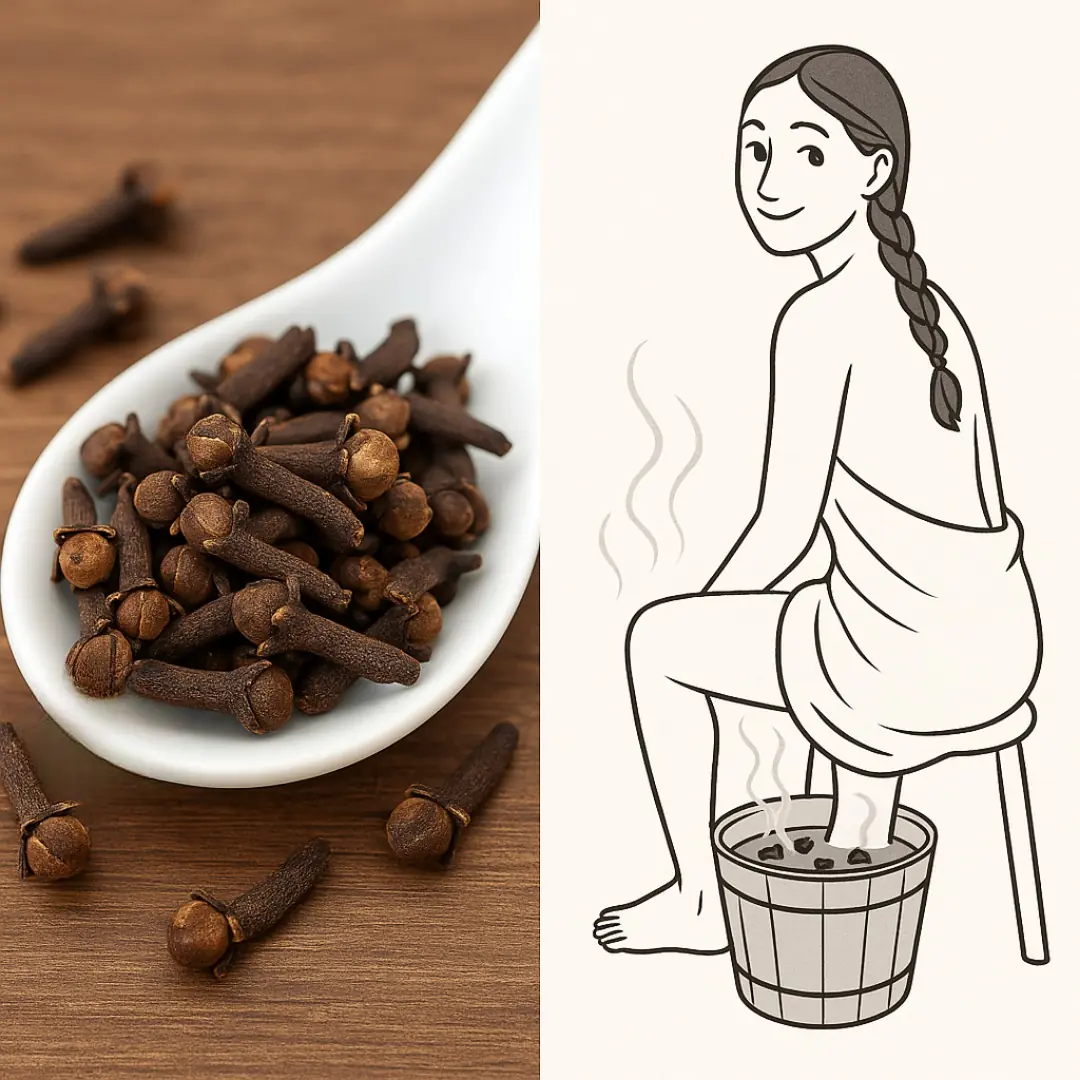
The Healing Benefits of Cloves: Natural Remedies for Improved Wellness

13 Warning Signs of High Blood Sugar and 9 Ways to Take Control of Your Health
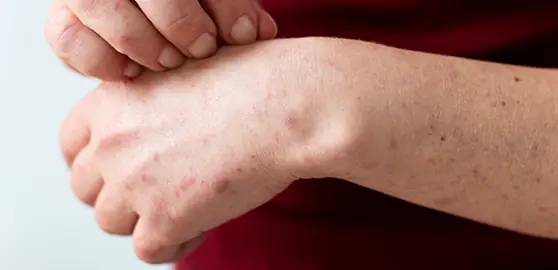
If You Have These Tiny Red Dots On Your Arm, Do Not Ignore The Warning Signs
News Post

Purslane (Portulaca Oleracea): The Weed with Extraordinary Benefits (Science Based)

Consciousness Is Not Confined to the Brain, But Is Connected To The Whole Universe, Scientists Say

After Surviving 800 Snake Bites, This Man’s Blood Could Be the Universal Antivenom the World’s Been Waiting For

10 Warning Signs It’s Time to Cut Back on Caffeine

“Cases Are Exploding”: Living Near a Golf Course May Raise Your Risk of Parkinson’s, Study Warns

11 Heartbreaking Signs Your Dog Is Nearing the End—And How To Give Them The Love They Deserve

Why McDonald’s Removed The Clown From The Company Image

You’ll never see mosquitoes again if you do this

What to Eat to Boost Energy After 60: Key Foods for Vitality and Well-being.

9 Chilling Stories of Third Man Syndrome: When an Unseen Presence Aided Survival in Disasters

Experts Are Drawing Attention To A Disturbing Noise That People Produce Just Before They Die

A Young Woman Was Found Dead During A Long-Distance Bus Journey—With 26 iPhones Glued To Her Body

8 Foods That Help Eliminate Cancer Cells

Hacker with 30 years experience reveals the one thing we need to be worried about in the future

Man who spent 10,000 Bitcoin on two pizzas in 2010 could've been eye-wateringly well off today

How to Tell If You Have Intestinal Parasites and What to Do About That

Scientifically Proven Health Benefits of Avocado and Avocado Seeds

An Eye Specialist Explains What To Do If You Begin To See “Floaters”

A Double Cheeseburger and 75 Years of Love.
It was just a regular evening at Wendy’s. I had stopped in for a quick bite—nothing fancy, just a double cheeseburger, fries, and a moment of peace before heading home.
